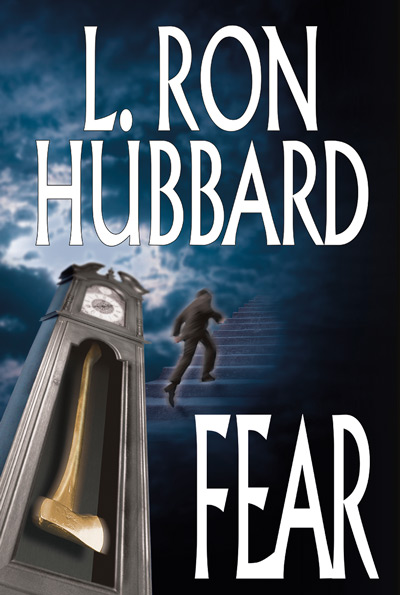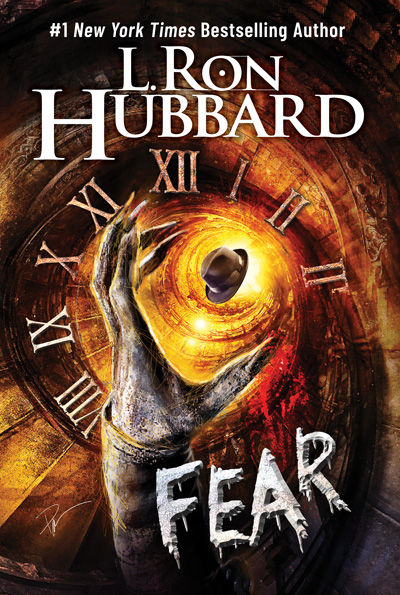He described the setting in which he could build just the right feeling: “I can see a sleepy college town with spring and elms and yawning students and a man just back from an ethnological expedition, called to take over from a professor who has become ill. A man suited to quiet solitude with a certain still idealism about him, who has come back to his home and his wife and is trying anxiously to fit into the picture which he so long ago left. If told almost dispassionately the thing ought to be good.”

Illustration in the original publications of Fear by Edd Cartier
And based on the letters that poured in, it was clear that the story was more than “good.” Fear lived up to its title and had readers turning on all the lights in the house and locking the doors. One reader wrote “I’ve just finished the July issue. Only one statement can be made. You have acquired another steady reader. The reason—Fear. You term it a ‘psychological fantasy.’ It is more than that. It is a great story—true literature.”
The story also left a strong impression on a young Ray Bradbury when he first read it in Unknown. He would later write that the novel “deeply influenced me when I was twenty years old” and was a “landmark novel in my life.”
Likewise, Philip K. Dick, Robert Bloch (author of Psycho), Robert Silverberg, Stephen King, and other masters of the modern horror story have praised the novel. It sent the genre in a groundbreaking new direction, which it continues to follow—one in which the horror is based on everyday realism and could conceivably happen to anyone.
Philip K. Dick claimed it shaped the way he wrote: “What I am writing is really psychological fantasies, on the order of L. Ron Hubbard’s Fear, which impressed me very much, and still does. Without Fear, I would never have come up with what I do.”
Stephen King described Fear as “one of the few books in the chiller genre which actually merits employment of the overworked adjective ‘classic,’ as in ‘This is a classic tale of creeping, surreal menace and horror.’”
Why is Fear so powerful? Because it really could happen to anyone, anywhere, at any time—which is exactly why you should get to know Fear.











